Why 'Sinners' Is Ryan Coogler's Masterpiece
The Untold Story Behind “Sinners”: The Revolutionary Film Where Vampires Meet Blues in Coogler's Most Personal Story
When "Sinners" came out, I started receiving calls and texts from friends asking me if I was going to do a talk on "Sinners."
I was hesitant to respond because I've got a host of things on my plate.
I didn't want to take on another presentation at this time.
But I saw "Sinners," and the more I thought about it, the more I felt that I wanted to discuss this film because it is not only one of the best films of the year, but because it is beyond a shadow of a doubt, Ryan Coogler's best film.
Ryan Coogler's Impressive Career
Coogler has had a phenomenal career over a relatively short period of time.
He's a young filmmaker from Oakland who has written and directed four films.
His first film came out in 2013, "Fruitvale Station," about the murder on January 1st of Oscar Grant.
That movie received a great deal of notoriety and set the stage for Coogler to be recognized within the film industry.
His second film was "Creed," an extension of the Sylvester Stallone Rocky films featuring the story about Apollo Creed's son.
Based on those two movies, Disney and Marvel films approached this young 30-something filmmaker who only had two films to his credit and invited him to join the Marvel Cinematic Universe.
He wrote and directed Marvel's "Black Panther" starring the late Chadwick Boseman. That film made history when it was released in 2018.
It was the highest grossing film of the year, grossing internationally $1.3 billion.
The success of that film made Ryan Coogler the highest grossing black writer and director in film history.
What's also important about this film and this young man's accomplishment is that "Black Panther" was the first superhero film to be nominated for Best Picture at the Oscars.
It was nominated for seven Oscars and wound up winning four, which is something that has never happened for any superhero film.
This speaks to the quality of this young man's writing, his directorship, and his vision for telling stories on film.
The Business of Filmmaking
Ryan Coogler wrote and directed four films prior to releasing "Sinners," and those four films grossed internationally $2.5 billion.
The essence of the film industry is show business. And as everyone who's in the business knows, show business is 5% show and 95% business.
This young man, who is still in his 30s, has written and directed films grossing over $2.5 billion and is said to be worth some $25 million.
He started his own production company with his wife, and they produced the film "Judas and the Black Messiah" which was nominated for several Oscars.
The Deal for "Sinners"
What is important, what has to be acknowledged, is the fact that Ryan Coogler has made a deal with Warner Brothers Studios that's so phenomenal that only a few directors – white, black, Hispanic, male, or female – have ever made in film history.
Warner Brothers agreed to give Coogler first dollar gross, which means that he gets a cut of the film from the ticket sales from the gross ticket sales, not from the net after the studio has recouped its expenses of approximately $150 million.
Ryan Coogler gets his cut up front.
And to make the deal even sweeter, this young man negotiated arrangements with Warner Brothers such that they will relinquish ownership of the film to him in 25 years.
So in 2050, when Ryan Coogler is 60 years old, he will own this film.
The Personal Connection to "Sinners"
Ryan said that the first four movies that he made:
Fruitvale Station
Creed
Black Panther
Wakanda Forever
– were based on someone else's story.
Fruitvale Station was about Oscar Grant.
Creed was building on a character that is the intellectual property of Sylvester Stallone.
Black Panther films are the property of Marvel comics and now Disney.
This film Sinners is his own story.
It's about his family, his personal examination of his loved ones and the trials and travails of black people who lived in Mississippi, who were sharecroppers, who were struggling to get out of poverty, struggling to get off the plantation, struggling to feed their families and free themselves.
This was a personal story for him.
And this story was so personal that he didn't want anybody else to own it.
This brother very strategically planned his moves and then executed them such that he was able to get these incredible deals from a very powerful studio, Warner Brothers.
A Love Letter to Uncle James
I've seen the film twice (so far) and will probably see it again next week in preparation for the webinar I did on 16th of May (Get the recording here). I've come to understand and see very clearly that this film "Sinners" is a cinematic love letter to Ryan Coogler's uncle, James Edmonson.
This Brother Ryan is a special soul, and this film comes out of his love for his uncle James.
Ryan is from a middle-class family. His parents married young. They went to college. His mother was a social worker, and his father worked with the youth juvenile system, helping to keep young black men out of jail.
After his family moved to Richmond, California, his uncle James moved not too far down the street.
When Ryan was a young man, he would spend quality time at his uncle's house.
His uncle, who was born in Mississippi and moved to Oakland when he was in his 20s, would come home after work, listen to his blues LPs (this was before CDs), drink some Old Taylor whiskey, and sometimes watch the San Francisco Giants baseball games.
Ryan noted that after a few drinks, his uncle James would open up and talk about life in Mississippi.
When Ryan began his film career after college, he spent so much time away from home that he became homesick, and his uncle would often call him just to check in.
Ryan mentioned that he had finished shooting "Creed" and was editing the film in LA when his uncle was dying of cancer. He was quite perturbed with himself because he wasn't able to be there with his uncle during this serious health crisis.
He was in the studio when he got the call that his uncle James had died.
He went to Oakland for the funeral, buried his uncle, and then had to get back to work to promote "Creed." After that came "Black Panther." He found himself more and more disengaged from his family, from Oakland, from his friends.
In interviews regarding the creation of "Sinners," he said he felt this hole in his soul for over a decade and felt that he needed to honor his uncle James.
He decided to honor him by writing this film.
The Backstory of "Sinners"
This film gave Ryan an opportunity to explore the struggles that black people went through.
The film takes place in October of 1932 – one day in the life of two brothers, Smoke and Stack, opened a juke joint and created a safe space, (kind of like WPFW) where people can come to listen to good music, party, and forget their troubles at the door.
This was the only relief that they would find.
I was so moved listening to Ryan talk about his journey of writing this film.
He mentioned that in writing "Black Panther," he traveled thousands of miles to West Africa to study the history, culture, and languages of Africa to incorporate this knowledge into the film.
When he thought about writing "Sinners," he went to Mississippi just to get the lay of the land. As he drove through Mississippi, he couldn't help but reflect on the hardships that his family had to endure.
On 17th November 2021, his driver was taking him to the hotel in Byron, Georgia, and he drove through a cotton field.
He had the driver stop the car, stepped out, walked into the cotton field, and picked some cotton, which he says he still has at home.
He reflected on it – he's been wearing cotton all of his life, but he never took the time to think about the hands that picked the cotton, the hands that worked on plantations like the Dockery plantation, where the lives of black men, women, and children were controlled by the sharecropping system.
They were modern-day slaves.
The Music as Metaphor
In this film. Ryan is exploring the blues.
We've all heard the legend about Robert Johnson, who was this famous blues guitarist that came out of the Mississippi Delta.
According to the legend, he made a Faustian bargain with the devil – met the devil at the crossroads and sold his soul to gain the talents that would allow him to become a phenomenal jazz guitarist. He only produced around 20 recordings before he died at the age of 27.
This story has circulated among other blues artists, and it's a story that is symbolic and metaphorical.
It speaks to traditions of African people living in America, speaks to the traditions of enslaved Africans who worked in the south, in the Mississippi Delta, who ultimately gained limited freedom, became sharecroppers, and were enslaved to the sharecropping system.
These people struggled, and in the midst of their struggle, they produced music which came to be known as the blues.
This blues music allowed them, through song and the playing of instruments – whether the guitar, steel guitar, harmonica, or banjo – to project their souls outside of their bodies and go to another space where they would be free from the trials and tribulations of life sharecropping.
The Film's Message
Coogler opens the film with a brief monologue about music:
"There are legends of people born with the gift of making music so true that it can pierce the veil between life and death, conjuring spirits from the past and the future. In ancient Ireland, they were called the Philly. In the Choctaw land, they were called the keepers of the fire. In West Africa, they were known as griots. This gift can bring healing to their communities, but it can also attract evil."
That premise sets the stage for this story about the blues, which is also a story about vampires.
The vampires become a metaphor for racism and white supremacy.
This movie is phenomenal in that it deals with music, but it also deals with American history and culture – the same American history and culture that is being erased at this very moment.
Coogler talked about the erasure of black music. He talked about the fact that blues music is the only musical form produced in America that has been one of America's most significant cultural contributions spread worldwide.
He talked about how this music was manipulated by white record producers and radio stations.
What they wound up doing was recording blues musicians but then stiffed them with payments.
They didn't pay royalties or they cheated them with their royalties, paid them in alcohol, or, if you saw the film "Cadillac Records" about the Chess Brothers from my hometown Chicago, they paid them with Cadillacs.
These men and women were exploited.
White record producers would record these blues musicians and call this musical form "race music" because it was sung and produced by black folks. But then white musicians would do covers of these blues songs, and these covers would become country western music, rock music, or popular music.
The Most Powerful Scene
The most powerful scene in the film takes place when the young blues guitarist Sammy does his first number in the juke joint.
He literally burns the roof off. His music is so transcendent that the scene is shot with Sammy playing, and once he hits a note, that note pierces the veil between this world and the spiritual realm, and ancestors come down from across the veil and begin performing along with him.
For those of you who haven't seen the film, shame on you!
I'm giving away important aspects of the film, but hopefully I'm enlightening you so that when you see it, you see it through different eyes, hear it through different ears, and can feel the soul, spirit, power, and energy that this young man has incorporated into this phenomenal film.
In this scene, we see musicians from times past in Africa.
We see griots with their instruments.
We see a guitarist who looks like Fuzzy Haskins of Parliament Funkadelic.
We see someone from the '80s and '90s scratching on turntables.
We see hip-hop dancers.
We see young black girls twerking.
We see the full experience where Sammie has reached into the heavens and brought down the spirits of ancestors past, present, and future to one place where they were jamming and freeing their souls that night.
It was that transformative energy which attracted the vampires – the forces of evil who came to take advantage of this powerful energy being created and transmitted at this place.
There's so much to unpack, and I would encourage you to not only see the film but also to support black filmmakers so that Ryan Coogler and others will have an opportunity to perfect their craft and tell our stories – stories that normally don't make it to the big screen.
It's important to support black filmmakers just like it's important to support every organization, every institution that matters to you and that brings you a truth that you can't get from other filmmakers – just like WPFW brings you a truth that you can't get from other radio stations.
At this point in time, if no other, we have to understand the value of supporting those institutions, organizations, and individuals that have our best interest at heart and see to it that we are not going to be erased – that our stories will be told so that younger generations will know who they are, upon whose shoulders they stand, so they can stand tall and continue this legacy of telling the story of some of the greatest people who have ever walked on this planet.
Thanks for reading
Anthony Browder
Ps.
If you want to get deeper into “Sinners” and the amazing career of Ryan Coogler, check out my Webinar here
You will be amazed, informed and enlightened.

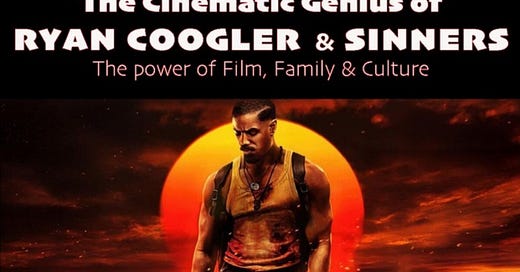




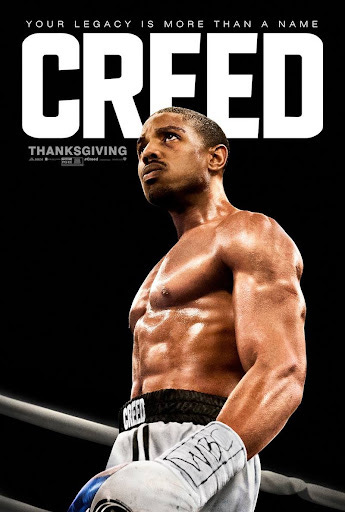



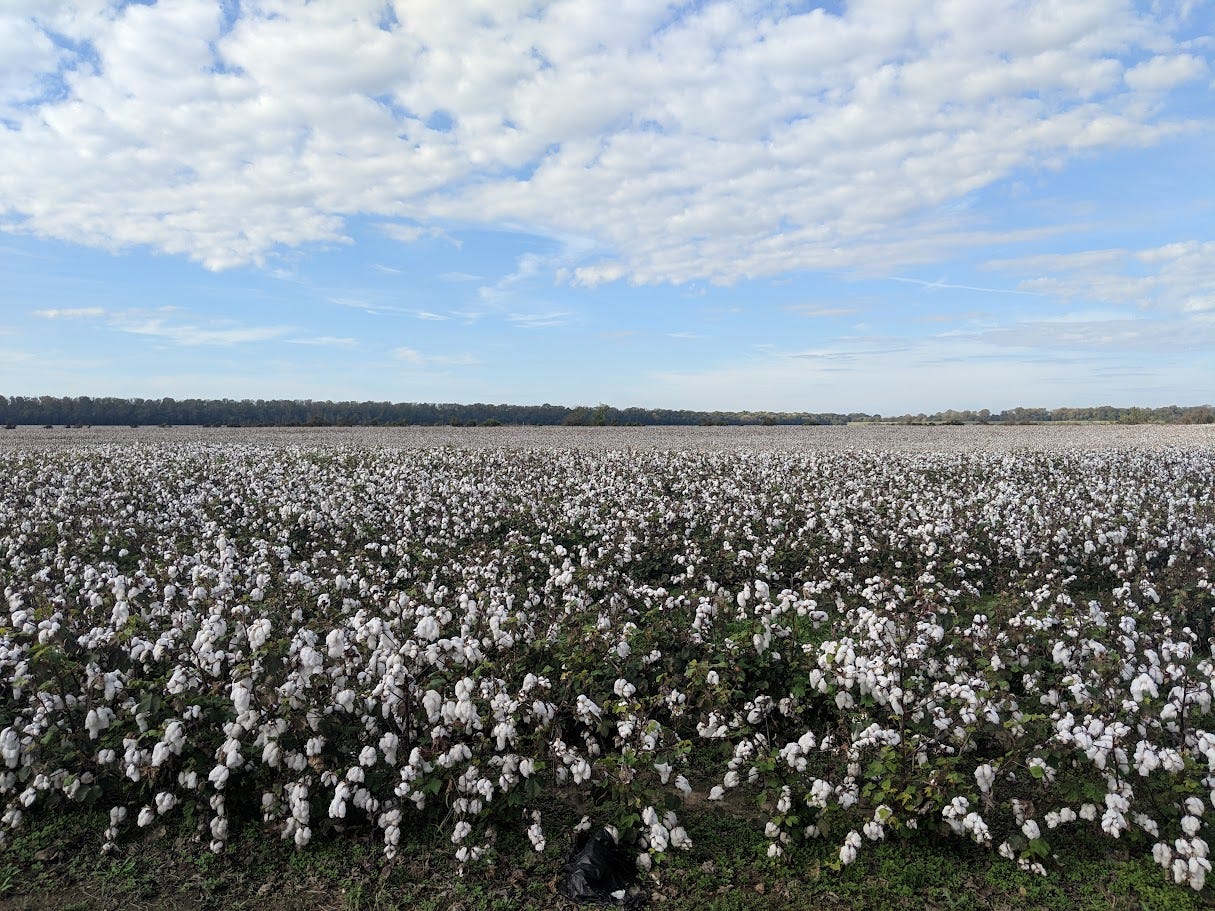
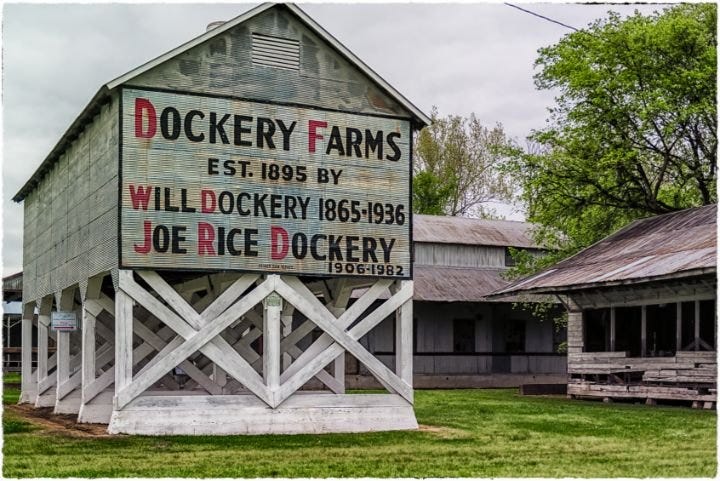
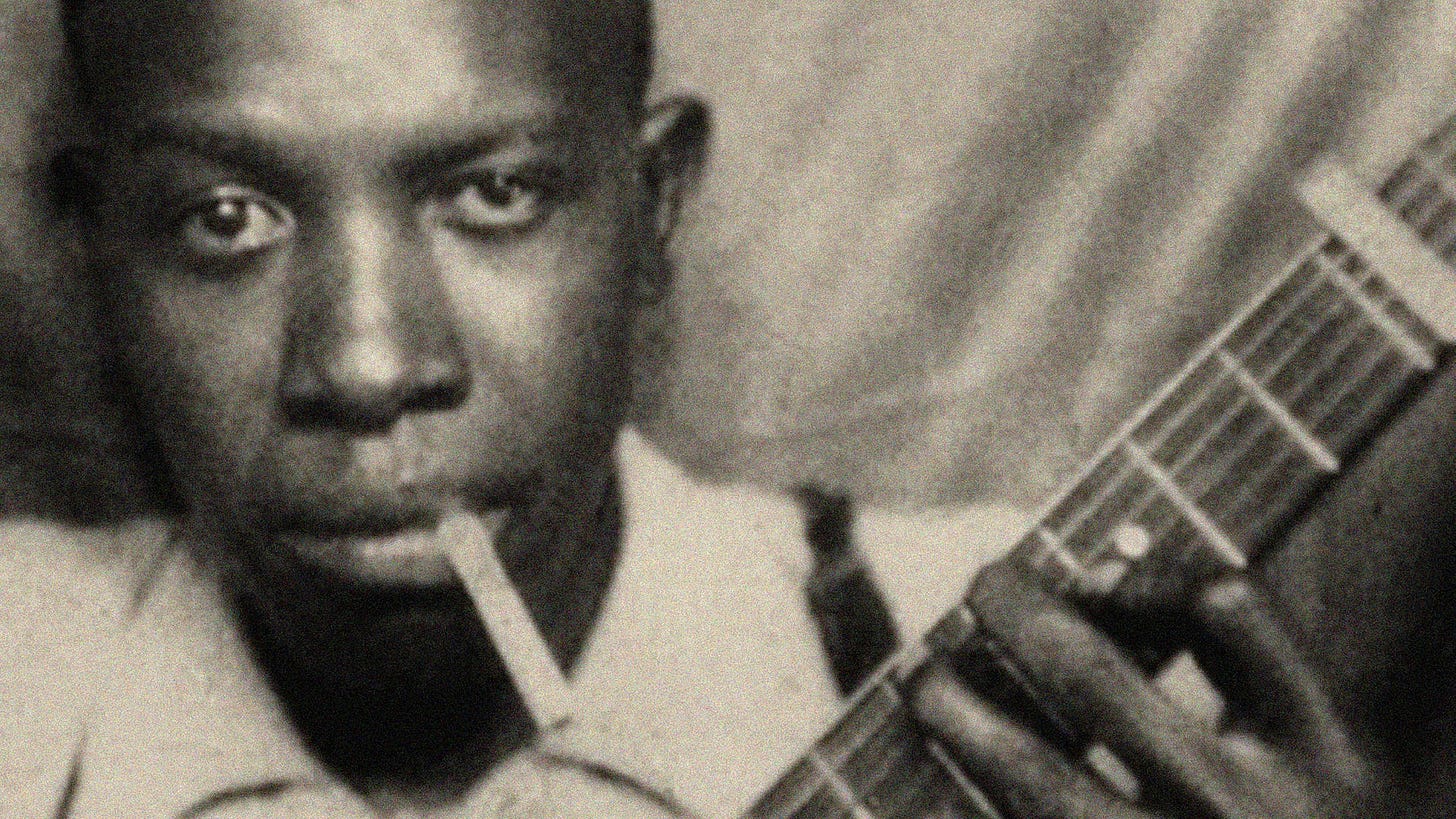

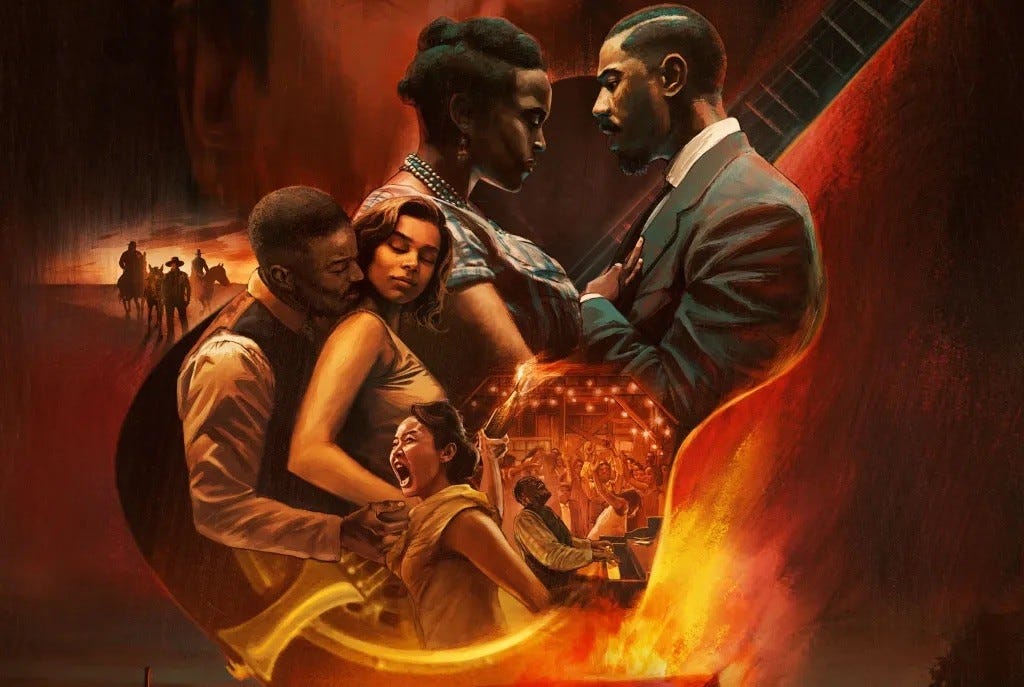
Sir Browder, just like music touches the soul and spirit-your writing does the same. Keep writing, keep enlightening and keep touching the soul and spirit of others. This is a powerful piece of your writings. Peace and blessings to you and your family.